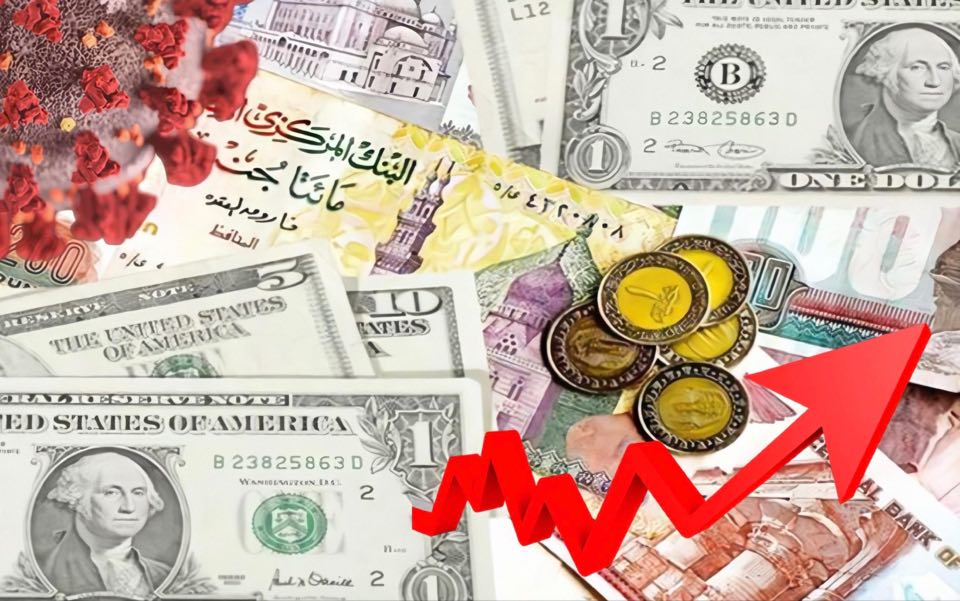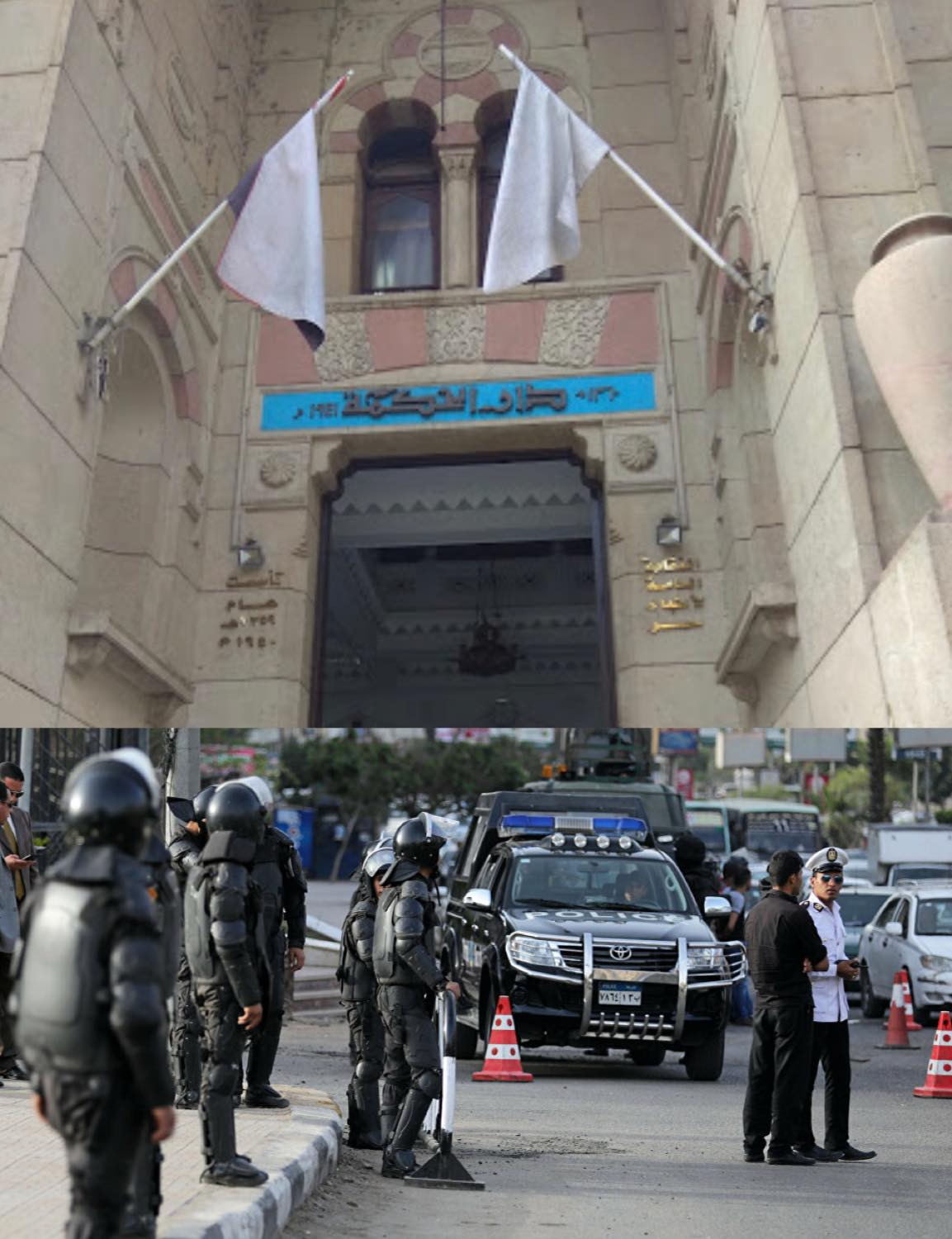Shell’s Egypt Board Chairman Khaled Kassem has announced that his company Shell is still open to receiving offers from potential buyers of the company’s onshore upstream assets in Egypt’s Western Desert. Shell is the latest international company to sell its assets in Egypt, which raises questions about what is happening in the Egyptian economy.
Shell Egypt announced last October that it would put its current assets in the Western Desert for sale in order to focus on expanding its business in gas projects in marine areas. Kassem refused to go into any details about the names of the companies that have applied to buy those assets until now, or the date set for closing the deal. He added that his company started drilling “in the western delta region now, and then it will drill in a rational concession in the Mediterranean,” according to Reuters. Shell’s Egypt Board Chairman added: “As for the new marine areas, we will start work in the seismic survey of these areas, and this will be by the end of this year or early 2021.”
Shell obtained the largest amount of concessions in the Egyptian General Petroleum Corporation auctions and the Holding Company for Natural Gases, EGAS, during the past year, which are three oil concessions and two concessions for gas. Shell has been operating in Egypt since 1911 and its activities include research, oil exploration and production, and marketing and distribution of gas and petroleum products. During the past years, Egypt ended the demarcation of its maritime borders with a number of countries to search for and explore gas and oil without conflict.
Recently, Vodafone International announced the sale of its shares in Vodafone Egypt to the Saudi Telecom Company, amid questions about the reasons for the sale and its implications for the local economy. The Vodafone withdrawal came after more than 20 years working in the Egyptian market. This decision came despite the fact that the company’s profits are increasing, which raises questions about the reason for the withdrawal of a company from a market that generates increased profits every year. Vodafone’s withdrawal from the Egyptian market comes about a week after Glovo (a food delivery company) announced its exit from Egypt. Opponents say that Vodafone and other companies withdrew from Egypt after it was harassed by army-owned companies. International companies sensed that greater pressure could be exerted on them later, which forced them to withdraw from the Egyptian market.
General Abdel Fattah al-Sisi’s regime considers that it is the state, not foreigners, that is supposed to monopolise this sector and if monopoly is not possible then investment in communications must be made through licences supervised by the government. Economists explain that the army is the leader of the economy in Egypt and seeks to ensure the loyalty of all companies so that it controls the state’s economic resources. Vodafone, the telecom giant, has joined a list of international companies that have recently withdrawn from the Egyptian market.
Among the most prominent companies that recently withdrew from Egypt are Intel International Technologies, American Yahoo and British Cook Tours, French BNP Paribas, Toyota auto assembly factories, and Suzuki. The exit of international companies from Egypt raises concerns about investment and competition in the country in view of similar steps taken by international companies over recent years.





Recent Comments